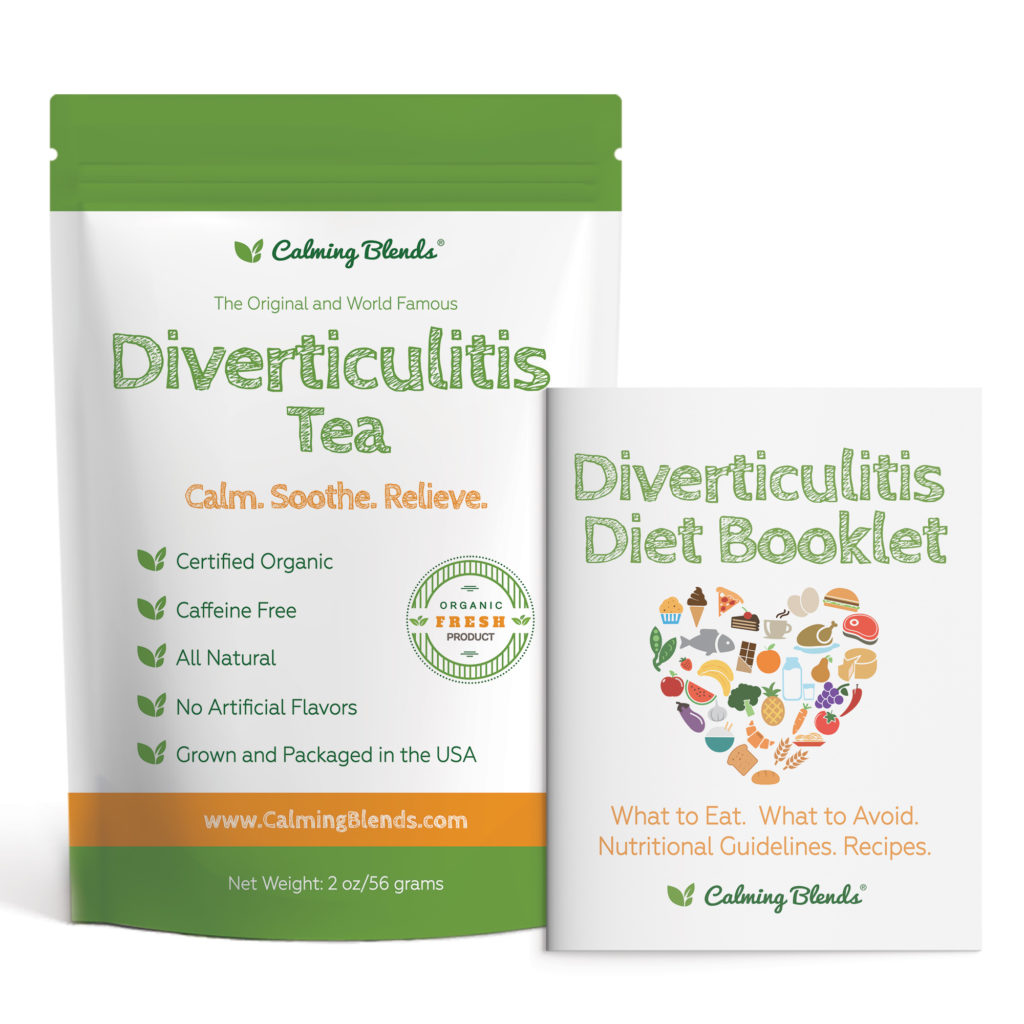This blog covers these topics: Wine and diverticulitis. Does alcohol affect diverticulitis? Is beer bad for Diverticulosis? Can I drink beer with diverticulitis?
For people who suffer from diverticulitis, finding relief is a constant struggle. While each case is different, there are a number of behaviors and risk factors that are associated with diverticulitis. Among other contributors, there may be a link between the consumption of alcohol and symptoms of diverticulitis.
What is diverticulitis?
Diverticulitis is a condition where pouches exist in the intestines and become inflamed. While diverticulosis is the existence of the pouches themselves in the body, the condition of diverticulitis is when the pouches become inflamed. Diverticulitis may cause symptoms of discomfort by itself; it can also lead to additional complications that may be life-threatening.
Understanding diverticulitis
The intestines work with the stomach to process food and drink. They absorb nutrients, convert them and distribute them throughout the body. Food that is not converted for use in the body is excreted through the colon. The intestines may develop one or more pouches. These pouches are called diverticulosis. Having the pouches in the intestines by themselves isn’t necessarily harmful. A person may have one or more pouches without realizing it.
The pouches in the intestines can become problematic when they become infected. Like any other kind of infection, it may be painful. It can also lead to additional complications and health problems. Symptoms may simply cause discomfort. On the other hand, the symptoms may be very serious and even life-threatening.
What are the risk factors for diverticulitis?
Risk factors for diverticulitis include:
- Age (the risk increases with age; people over 40 are at the highest risk)
- Obesity
- Eating red meat
- Excessive consumption of alcohol
- Steroid use
- A diet that is low in fiber
- Too much sitting; a sedentary lifestyle
- Stress
- Smoking
- Drug use and abuse
Each person is different. In many cases, there are a variety of these risk factors that work in combination in order to cause diverticulitis in a person.
Symptoms of diverticulitis
When a person has diverticulitis, they may exhibit one or more symptoms. They may experience:
- Persistent cramping (on one side or both sides of their abdomen)
- Cramping that subsides after expelling air or stool
- Bright red blood in stool
- Sensitivity to the touch of the abdomen
- Diarrhea
- Bloating or a gassy feeling
- Nausea
- Vomiting
A person may experience a combination of symptoms. The condition may be both acute or chronic. Some people with diverticulitis may experience it only intermittently. Others may have symptoms all the time.
Complications from diverticulitis
In addition to symptoms, diverticulitis can cause significant complications. When complications are severe, they may even be life-threatening. When inflammation is severe enough, it can lead to a bowel obstruction or thin stools. A perforated intestine can occur. The perforation may allow bacteria and bile to enter the abdominal cavity. Severe pain, chills and fever can result. If left untreated, the condition can be fatal. Outcomes improve with early detection and treatment.
Can you drink alcohol, such as beer or wine while having diverticulitis?
While you can drink alcohol while having diverticulitis, it is not advisable. Scientists believe that there is a link between the use of alcohol and symptoms. Individuals who drink alcohol are at higher risk to develop symptoms of diverticulitis. In addition, they may be at risk to have more severe symptoms if they consume alcohol. Although it may be possible to drink alcohol while having diverticulitis, it is not recommended because of the increased risk for symptoms and complications.
Diverticulitis and alcohol
Scientists continue to work to understand the link between alcohol and diverticulitis. Use and abuse of alcohol is one lifestyle factor that may play into the development and severity of diverticulitis. Individuals that choose to continue to consume alcohol despite showing symptoms of the condition may worsen their symptoms and expose themselves to avoidable complications.
The American Society of Colon and Rectal Surgeons says that too much alcohol consumption may double or even triple the risk of developing diverticulitis. They say that alcohol is one risk factor for developing the condition along with increased age. As a person’s age increases, so does their risk for both developing the condition and having severe symptoms. Additionally, the amount of alcohol that a person consumes and the frequency with which they consume alcohol may create an increased risk for diverticulitis.
Studies for the link between diverticulitis and alcohol use
The National Library of Medicine published a study regarding the link between diverticulitis and alcohol. The study compiled self-reported data from a number of individuals through a survey. The survey asked questions about a number of behaviors and characteristics including alcohol use. Researchers found a correlation between increased use of alcohol in a population and occurrences of diverticulitis.
Alcohol use and abuse may co-exist along with other risk factors. The use of alcohol may exist with obesity or a sedentary lifestyle, for example. While alcohol may correlate with development of diverticulitis, it may also contribute along with other lifestyle factors that all work together to cause and increase symptoms of the condition.
Ways to treat diverticulitis
There are a number of ways to treat diverticulitis. For example, a person may be able to control their symptoms through diet. Red meat is an example of a food that may be avoided in order to lessen symptoms. Some professionals recommend a clear liquid diet when symptoms flare. Full fat dairy and fried foods are two other examples of food that may be avoided in order to treat diverticulitis. An increase in fiber in the diet may be a positive change that allows food to move through the intestines more efficiently.
In addition to these risk factors, an individual may treat diverticulitis by eliminating alcohol consumption. Eliminating alcohol may help the body maintain more consistent acidity levels. Avoiding alcohol may reduce strain on the intestines. Continuing to use alcohol may make other methods to treat the condition less effective. For example, if an individual takes medications in order to treat their symptoms, these medications may not work in the intended manner if the person continues to consume alcohol.
Ways to avoid alcohol consumption in order to decrease diverticulitis symptoms
As a person plans to make lifestyle changes in order to decrease diverticulitis symptoms, it’s important to address behaviors in a constructive manner. For example, if a person decides to eliminate the use of alcohol, it may be helpful to replace the behavior of drinking alcohol with the consumption of calming tea. There are available teas are specially crafted in order to help with the symptoms of diverticulitis. These teas area available without a prescription.
Teas for diverticulitis symptoms are processed with a proprietary blend of leaves, flowers and roots. The ingredients are a blend of natural ingredients that are specially designed to help individuals who suffer from diverticulitis. However, ingredients may soothe the intestines and coat irritation that can contribute to diverticulitis symptoms. In addition, the formula is intended to promote relaxation. Of course, any treatment plan should be a comprehensive plan designed to address factors that may contribute to the disease.
Treating diverticulitis
Treating diverticulitis may involve a number of measures. Here are some things that your doctor may recommend to alleviate your symptoms:
- A high-fiber diet
- Avoiding sugar
- Trading low-fiber cereal for high-fiber cereal
- A clear, liquid diet like soup broth
- Exercise
- Relaxation techniques
- Weight loss
- Surgery
- Drinking tea instead of acidic drinks including alcohol
- Antibiotics
- Intravenous introduction of fluids
The exact course of treatment depends on the severity of symptoms and the factors that may contribute to the condition. A doctor may help an individual create a personalized treatment plan. When symptoms are severe, you should seek emergency treatment. Diverticulitis can be life-threatening. It’s important to get emergency treatment if symptoms indicate that a person may be in immediate danger.
Understanding diverticulitis and alcohol
When a person experiences stomach cramping, diverticulitis may be to blame. At a minimum, the condition can create discomfort. It may also interfere with daily life. Very severe symptoms may be life-threatening. It’s important to take the symptoms seriously and develop a treatment plan.
Alcohol consumption may be a contributor to diverticulitis. Fortunately, for individuals with the condition, there are steps that a person can take in order to address their symptoms and lessen flare-ups. Substituting alcohol for diverticulitis tea is a simple step that a person can take may improve their symptoms.
If you have symptoms of diverticulitis, it’s important to give attention to the condition. It may be the cause of your symptoms. In many cases, symptoms may be controllable with lifestyle changes on the part of the individual.
If you consume alcohol, it may be a contributing factor. Eliminating alcohol use and making other positive lifestyle changes can help the individual see positive improvement in their symptoms and suffering. When severe symptoms occur, worsen, or when fever occurs, the individual should seek prompt treatment from a medical professional.
Resources cited:
- Pubmed.gov – Alcohol consumption is a risk factor for colonic diverticulosis – https://pubmed.ncbi.nlm.nih.gov/23164685/
- Pubmed.gov – Possible increased risk of colonic diverticular disease from alcohol intoxication or abuse – https://pubmed.ncbi.nlm.nih.gov/32011498/
- Pubmed.gov – Alcohol consumption is a risk factor for colonic diverticulosis – https://pubmed.ncbi.nlm.nih.gov/23164685/


